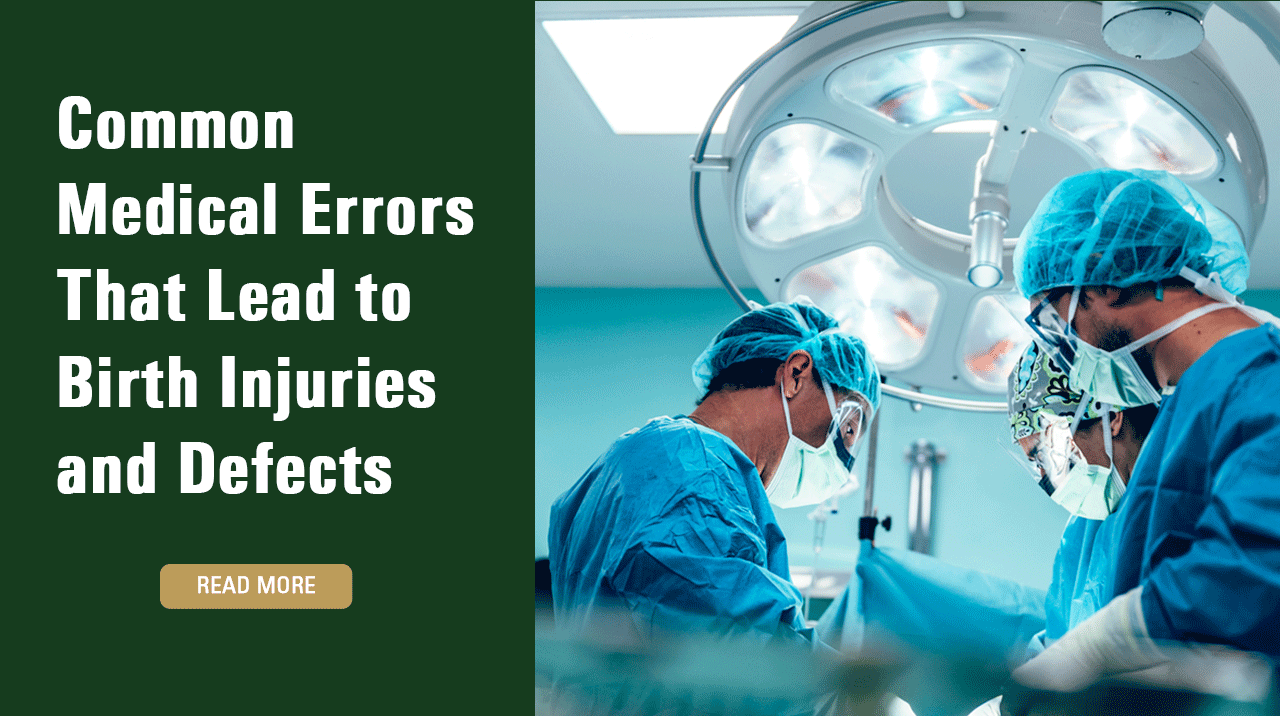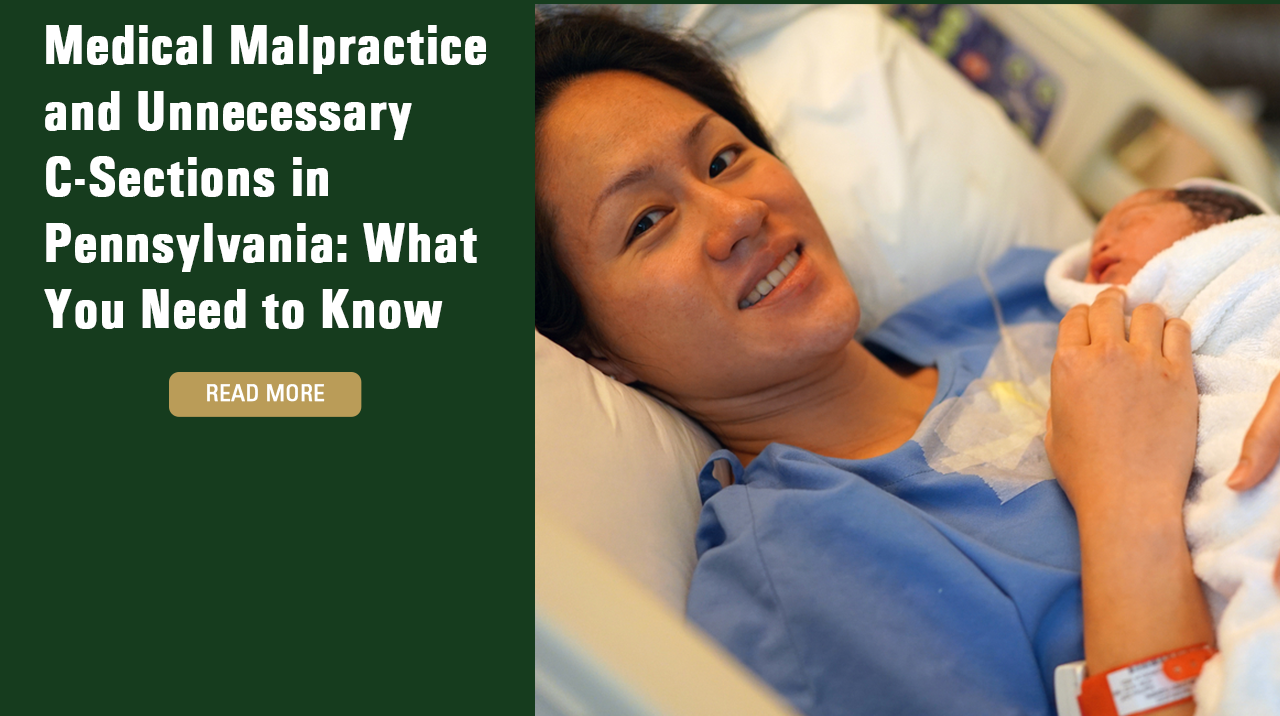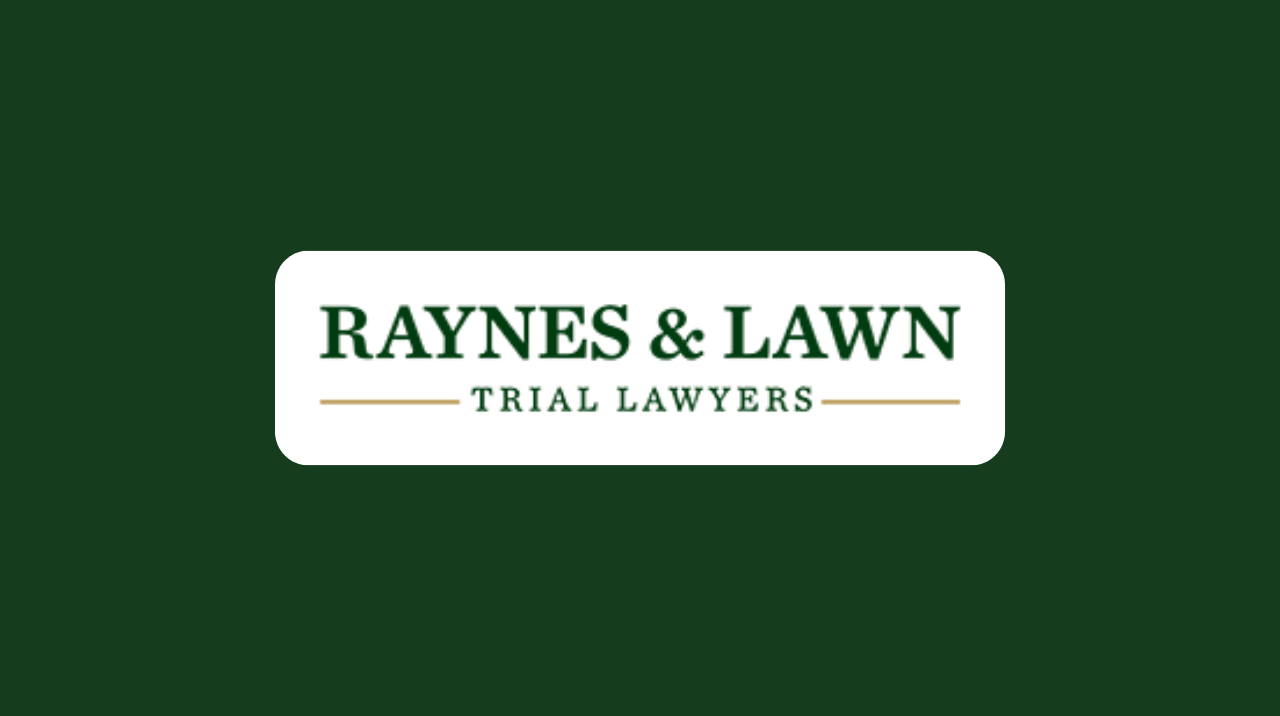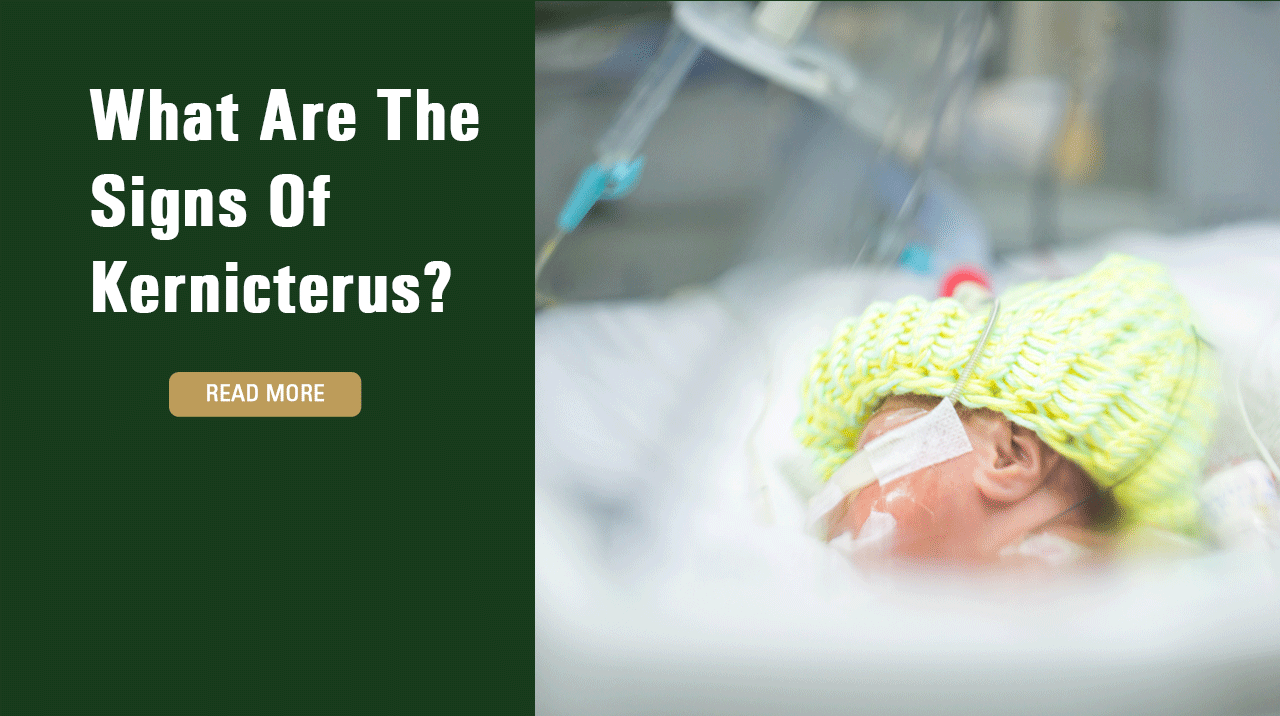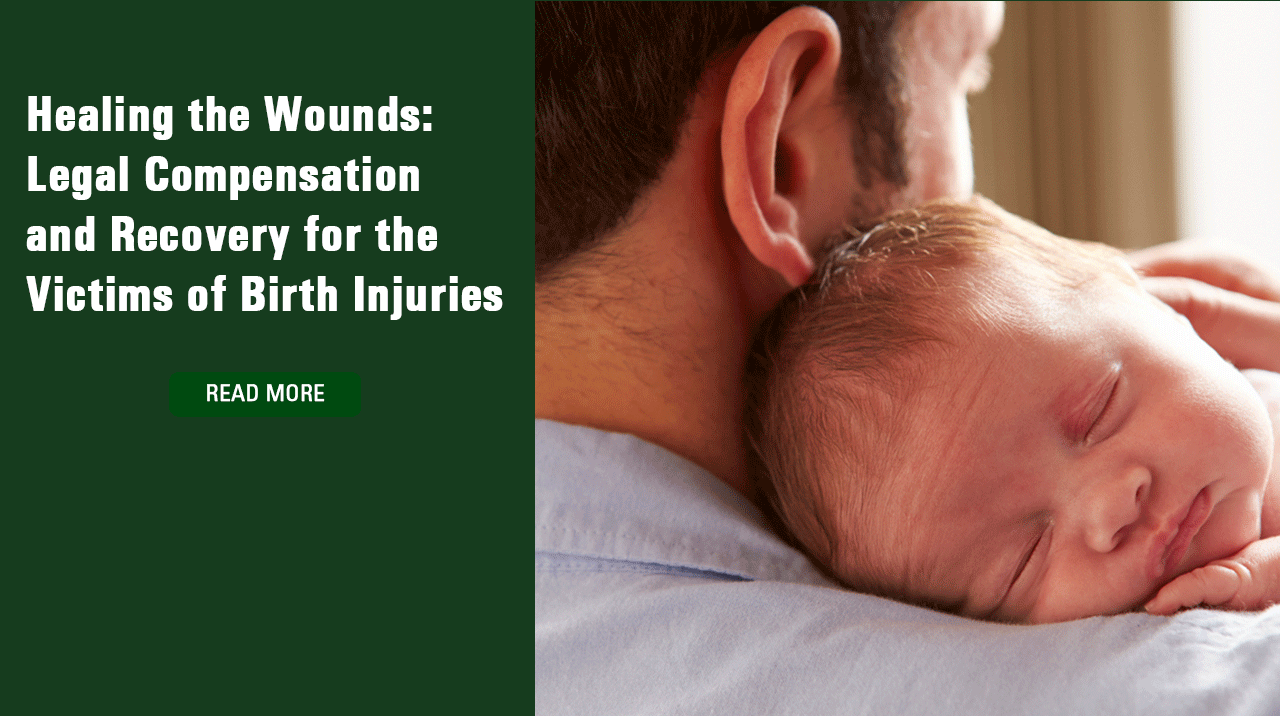
Healing the Wounds: Legal Compensation and Recovery for the Victims of Birth Injuries
Birth injuries can be devastating for new parents and their children. These types of injuries can cause long-lasting consequences that can affect children and families for up to a lifetime. When a child suffers a birth injury because of the negligence of medical providers, the family can file a claim against the negligent providers to […]

